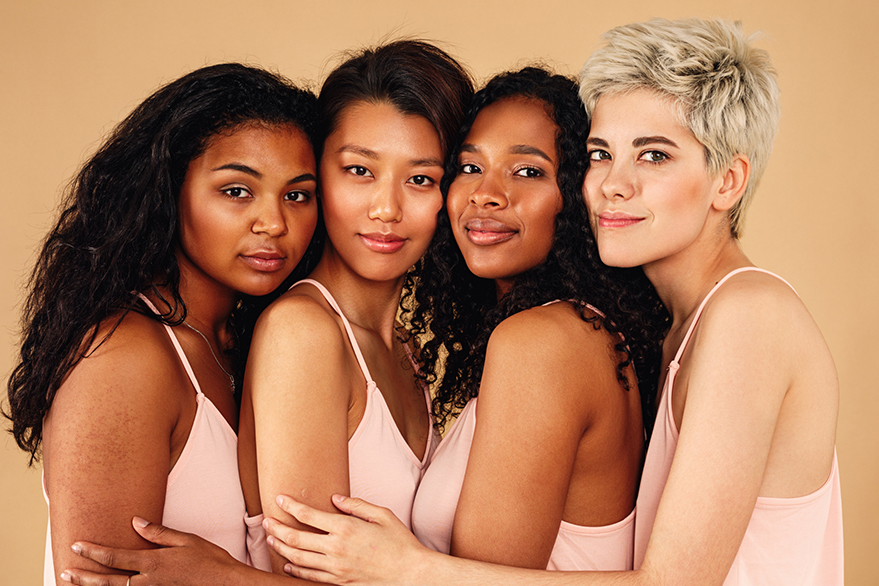Back when I was in university studying Health Sciences, we talked about the social determinants of health – the social and economic factors which influence health outcomes like education, income, gender, culture, and race. These factors have direct links to things like poor pregnancy outcomes, increased mortality, increased chronic disease, poor experiences in medical settings and many more. As a future health care provider, it is imperative that I am able to challenge my own biases, recognize the inequities that exist, and provide the best, safest, and respectful care to my future patients.
The BIPOC community, for example, are disproportionately affected by sexual and reproductive health conditions. Looking at the statistics, it is clear that this group experience inequities at various points in their reproductive years. I believe it is my duty, to not just be aware of the inequalities, but to provide support to these communities as best as I can. As someone from Indian descent, whose parents were born in Africa, I want to continue exploring ways to increase representation in health care. I want to provide you with tools and resources which take into consideration each of your unique lived experiences. I want to interview doctors from different backgrounds and races and provide a place where you feel seen and heard.
I originally started off building my brand on Instagram with a “women’s health” focus. Overtime, however, I realized that I was excluding a very important and underrepresented group of transgender, non-binary, and gender non-conforming individuals who go through many of the life experiences and conditions that I was talking about. Through being a part of the 2SLGBTQIA+ community, I have become more aware of the gaps that exist in treating this community, especially when it comes to sexual and reproductive health. In a Swedish study of 12 2SLGBTQIA+ expectant and new parents, they described many inadequacies in the reproductive health care they received. Mistreatment, heteronormativity, shame, and lack of representation are things that were reported. I want to educate and empower all people who menstruate; all people who have vulvas and uteruses and ovaries; all people who will be pregnant, all people regardless of their sexual orientation.
Everyone deserves access to high quality, informed, safe, and non-judgemental sexual and reproductive healthcare. And that is what I am committing myself to: sexual and reproductive health for all.

